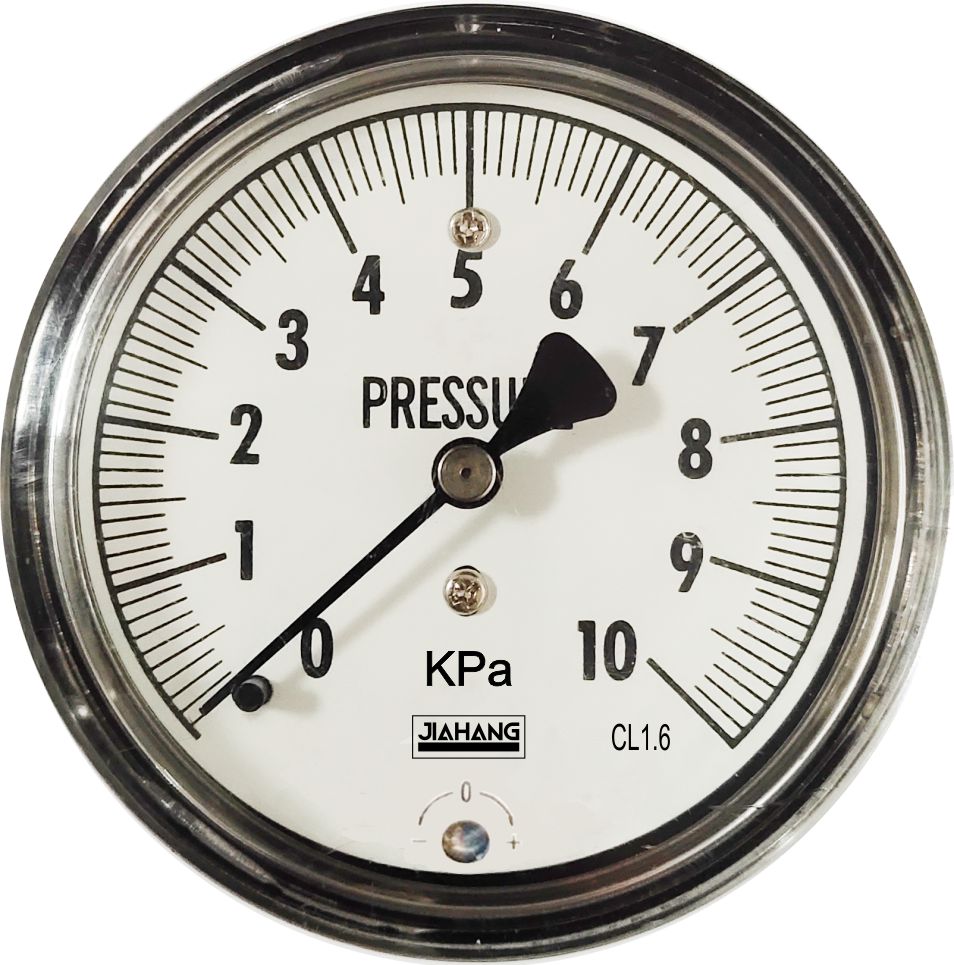
Out . 07, 2024 17:06 Back to list
precision pressure gauge,
Understanding Precision Pressure Gauges Importance, Types, and Applications
Precision pressure gauges play a critical role in various industries where accurate measurement of pressure is essential. These instruments are designed to provide reliable readings that can influence the performance and safety of equipment in fields such as manufacturing, automotive, pharmaceuticals, and aerospace. This article explores the significance of precision pressure gauges, the different types available, and their applications across several sectors.
Importance of Precision Pressure Gauges
Precision pressure gauges are essential in ensuring the proper functioning of systems that rely on specific pressure levels. Inaccurate pressure measurements can lead to equipment failures, which may result in costly downtime, safety hazards, and compromised product quality. For instance, in a manufacturing environment, maintaining the correct pressure in hydraulic systems is crucial for the performance of machinery. If pressure levels deviate from the desired range, it can lead to inefficient operation or even catastrophic failures.
Moreover, precision pressure gauges enhance process control. In industries such as food and beverage, pharmaceuticals, and chemical manufacturing, precise pressure control is necessary to maintain product integrity and comply with regulatory requirements. By utilizing high-quality pressure gauges, businesses can ensure that their processes are operating within specified parameters, leading to improved quality and consistency.
Types of Precision Pressure Gauges
Precision pressure gauges come in various types, each suited for different applications and requirements. Some of the most common types include
1. Bourdon Tube Pressure Gauges These are the most widely used type of pressure gauge and operate based on the principle of a Bourdon tube, which bends under pressure. They are commonly used for measuring gauges in various industries due to their ruggedness and simplicity.
2. Diaphragm Pressure Gauges Diaphragm gauges use a flexible diaphragm to measure pressure. They are ideal for corrosive or viscous fluids and are often used in chemical processing and food industries where hygiene is crucial.
3. Digital Pressure Gauges These gauges provide electronic readings, often displaying measurements in digital format. They can include features such as data logging, which is useful for monitoring and analyzing pressure over time. Digital gauges are preferred for their accuracy and ease of use.
precision pressure gauge,

4. Differential Pressure Gauges These measure the difference in pressure between two points and are critical in applications such as filter monitoring in HVAC systems and levels in tanks. They help ensure processes are operating efficiently and safely.
5. Silent Pressure Gauges Designed for environments where noise is a concern, silent pressure gauges use advanced technology to reduce operational sound without compromising accuracy.
Applications of Precision Pressure Gauges
The applications for precision pressure gauges are extensive, spanning numerous industries. Below are a few notable examples
- Oil and Gas In this sector, precise pressure monitoring is crucial for drilling and production operations. Gauges ensure that pressure levels are maintained within safe limits to prevent blowouts and equipment failure.
- Automotive Precision pressure gauges are used in engine testing to monitor fuel and oil pressures. Accurate readings ensure optimal engine performance and can prevent significant failures.
- Pharmaceuticals Maintaining precise pressure levels in cleanrooms and during the production of medications is essential for compliance with health regulations and product safety. Precision gauges are integral in these environments.
- Water Treatment In water and wastewater treatment facilities, pressure gauges help monitor pumps and filtration systems to ensure effective operation and water quality.
Conclusion
In conclusion, precision pressure gauges are a vital component in many industrial applications, providing the accuracy and reliability necessary for optimal performance and safety. With various types available to suit different needs, understanding their importance and functions can help businesses enhance operational efficiency and maintain high standards. Investing in high-quality precision pressure gauges ultimately leads to better safety, reduced downtime, and improved product quality across numerous sectors. As technology continues to advance, the capabilities of these gauges will likely evolve, providing even more value to industries that depend on precise pressure measurement.
-
High-Precision 5 Valve Manifold Differential Pressure Gauge Suppliers
NewsApr.29,2025
-
High-Precision Diaphragm Vacuum Pressure Gauges Manufacturers & Quotes
NewsApr.29,2025
-
Omega Differential Pressure Gauges High Accuracy & Durability
NewsApr.28,2025
-
Low Pressure Differential Pressure Gauges Precision Solutions & Quotes
NewsApr.28,2025
-
Digital Diaphragm Pressure Gaauge Precision Measurement & OEM Quotes
NewsApr.28,2025
-
Differential Pressure Gauge China Price High-Accuracy & Best Quotes
NewsApr.28,2025
